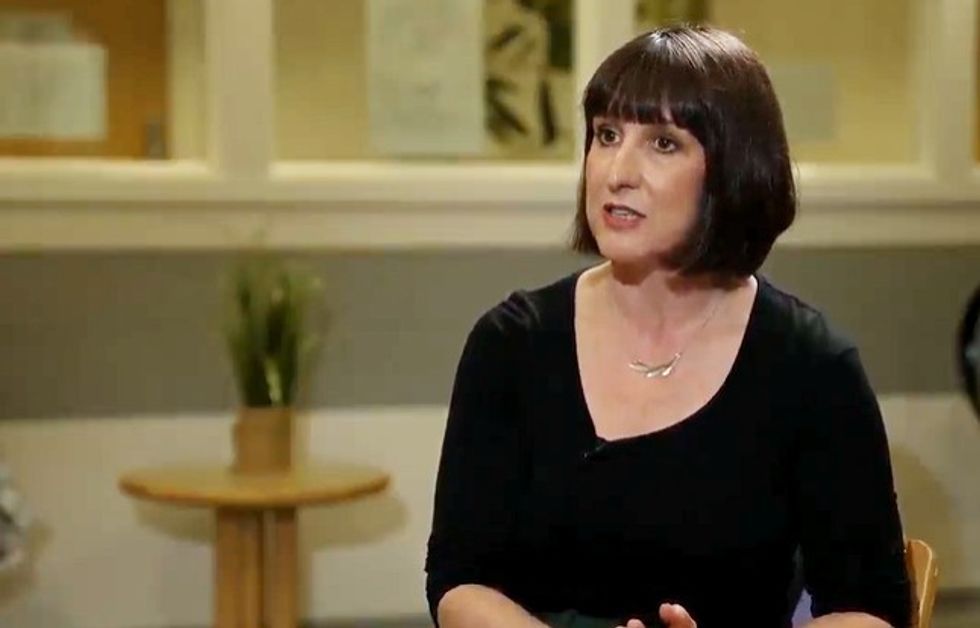Consumer confidence in the UK has taken a sharp downturn, with pensioners‘ pessimism about their future finances leading to the decline ahead of Chancellor Rachel Reeves’ upcoming Budget.
According to Which?’s latest consumer insight tracker, confidence in both the future UK economy and household financial situations has fallen for the second consecutive month.
A growing lack of confidence has emerged among those of pension age after the new Labour Government’s decision to means-test Winter Fuel Payments going forward.
Net confidence in the economy has plummeted to -34, the lowest level since December 2023, with only 17 per cent of consumers believing it will improve over the next year. Similarly, confidence in future household finances has dropped to -15, marking the lowest point since July 2023.
The primary factors cited for this pessimism include concerns about price changes, potential government tax adjustments, and the recent change in Government leadership.
Older Britons’ confidence in the UK economy plunged by 21 points to -59, a far steeper drop than the 13-point fall seen among working-age non-parents.
Do you have a money story you’d like to share? Get in touch by emailing money@gbnews.uk.
Pensioners’ outlook on their future household finances also deteriorated significantly, falling 19 points to -45, the lowest since December 2022.
This dramatic reduction in confidence among pensioners has been partly attributed to the Government’s recently announced plans to introduce eligibility criteria for Winter Fuel Payments.
Despite their gloomy outlook on future finances, pensioners as a group remain more positive about their current financial situation compared to those of working age.
The Which? consumer insight tracker revealed that missed payment rates have remained relatively stable, with 1.9 million households failing to meet essential payments in the month to September 13.
These include housing, utility, credit card, and loan payments. Bill payments were the most commonly missed (4.7 per cent of UK adults), followed by rent (3.4 per cent) and loan or credit card payments (three per cent).
Meanwhile, 14.4 million households (51 per cent) reported making at least one adjustment to cover essential spending. These adjustments primarily involved cutting back on essentials (26 per cent) and dipping into savings (26 per cent).
Although missed payment and financial adjustment rates have decreased over the past two years, they remain significantly higher than pre-cost of living crisis levels.
The number of households making adjustments to cover essential spending remains high, with over half of UK households reporting such measures.
 Rachel Reeves has clarified that ‘tough decisions’ will need to be made in the October Budget GB NEWS
Rachel Reeves has clarified that ‘tough decisions’ will need to be made in the October Budget GB NEWSOn the findings, Rocio Concha, Which?’s director of Policy and Advocacy, said: “Our research shows a clear fall in consumer confidence – with pensioners’ confidence in their future household finances and the economy at the lowest levels seen since 2022.
“While missed payment and financial adjustment rates have fallen from the peaks reached in the midst of the cost of living crisis, they remain high – highlighting the challenge the government faces in their upcoming Budget.”
Concha also advised those struggling with essential payments.
“If consumers are missing or struggling to afford essential payments – such as energy, credit card or mortgage payments – then they should speak to their provider immediately for help.”

